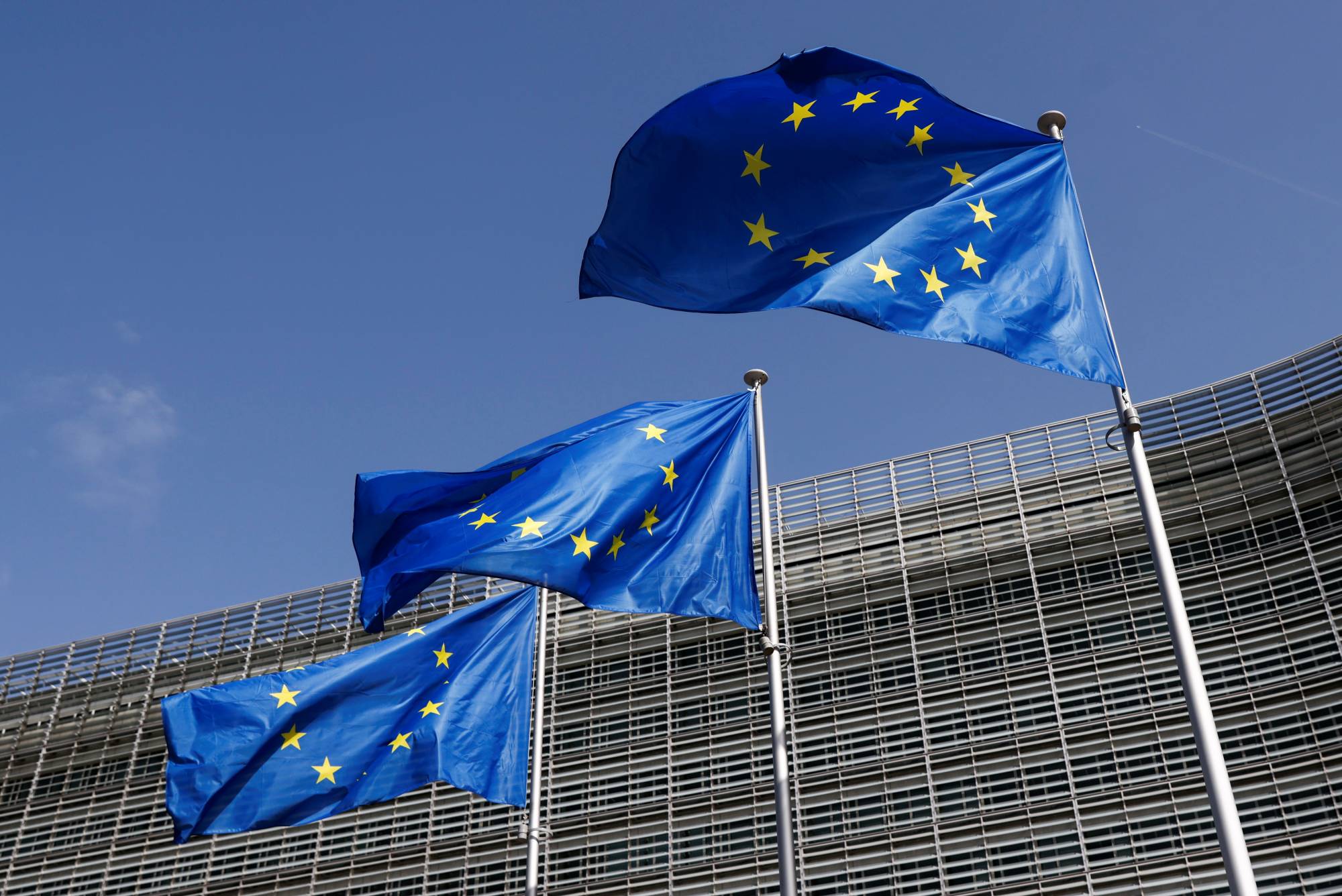European Gaming and Betting Association Debuts Anti-Money Laundering Guidelines
Posted on: September 14, 2022, 10:27h.
Last updated on: September 16, 2022, 05:01h.
The European Gaming and Betting Association (EGBA) continues to make strides in voluntarily assisting the gaming industry. Its latest initiative pulls together resources to help operators fine-tune their financial activity and support the industry’s contributions to global anti-money laundering (AML) policies.

These resources include EGBA’s first pan-European self-regulatory guidelines. They are intended to help European online gambling operators proactively meet responsible gambling expectations.
To ensure the guidelines are effective, EGBA members like Bet365, Flutter, and others must submit an annual report to the EGBA. This should describe their progress in implementing the guidelines and provide feedback or concerns.
The EGBA’s AML and combating the financing of terrorism (CTF) guidelines include the industry’s published best practices. Online gambling operators must follow these in their EU and EEA operations. However, that isn’t always the case. Another important area is AM and how it provides a safer gambling environment. This will likely receive significant coverage in the EGBA’s final product.
These policies are risk-based and provide sector-specific guidance to ensure compliance with AML regulations at all levels, according to the EGBA. They can complement and strengthen existing laws on this subject in different countries but also consider the new EU measures package.
Feedback Needed
EGBA is currently asking industry insiders for feedback from operators and others to ensure its efforts cover all the pertinent details. It will receive feedback until Oct. 13. The organization will publish its final guidelines shortly after.
Among the highlighted items the EGBA is addressing are customer and business risk assessments. There are also sections on due diligence and policies about reporting suspicious transactions. The latter has been a particular sore spot with regulators throughout Europe.
The EGBA expects to have to make changes going forward. As the gaming industry continues to evolve, the arrival of new rules and policies will lead to updates to the guidelines.
EU Cracks Down on Money Laundering
The EU’s European Commission spent several years discussing how to better address money laundering. It wants a unified solution that makes it easier for EU and EEA countries to follow.
Technology has helped regulators better understand the nature of money laundering, with more tracking capabilities following the trails. The problem exists in all industries, including gambling and banking. On several occasions, Wirecard and Deutsche Bank have had to answer for their alleged money fraud.
Last year, the EU implemented new rules to heighten its AML/CFT policies. The Single EU Rulebook for AML/CFT includes a new union-wide authority to combat money laundering and even stricter reporting criteria. It also connects banks across the union to streamline reporting.
The new EU-level guidelines will be rolled out over the next several years.
Related News Articles
Land-Based Gambling Returns to France as Online Segment Sees Decline
Finland’s Veikkaus Gaming Monopoly Facing Mass Layoffs
Most Popular
Mirage Las Vegas Demolition to Start Next Week, Atrium a Goner
Where All the Mirage Relics Will Go
Most Commented
-
Bally’s Facing Five Months of Daily Demolition for Chicago Casino
— June 18, 2024 — 12 Comments -
Chicago Pension Mess Highlights Need for Bally’s Casino
— July 2, 2024 — 5 Comments
















No comments yet